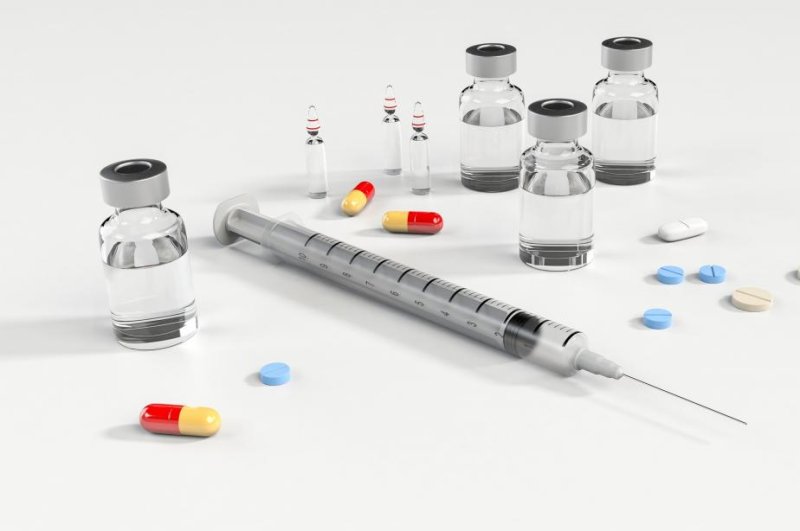In an analysis of clinical trials, researchers found only 1 in 10 children with cancer saw their condition improve and about 1 in 50 dies from complications related to the drug. Photo by
qimono/pixabay
Feb. 26 (UPI) -- One in 10 children with cancer saw their condition improve in Phase 1 clinical trials, and about 1 in 50 died from complications related to the drug, according to data research.
Researchers examined 170 studies with 4,604 patients meeting eligibility criteria from January 2004 to March 2015, according to a study published this month in PLOS Medicine.
"Little is known about the level of risk and benefit in pediatric Phase I trials in oncology," researchers wrote.
That's despite cancer being the fourth-leading cause of death in the United States, according to a 2013 National Center for Health Statistics report by the National Institutes of Health.
"Historically, many pediatric malignancies were treated by adjusting the dosages of anti-cancer drugs that were proven effective in adults," the authors wrote. "However, many pediatric tumors differ histologically from those of adults. Also, children's physiology may substantially change drug pharmacokinetics and pharmacodynamics."
Those outcomes are roughly the same as for adults who volunteer for Phase 1 trials in cancer.
Phase 1 trials are the first time drugs are tested in people. Previously, drugs are tested in labs and on animals for safety and efficacy. And the U.S. Food And Drug Administration requires children to be protected in all phases of trials and the risk must be offset by potential benefit.
"The prospects of major benefit in pediatric Phase 1 studies are very low and the prospects of major harm are nontrivial," said Jonathan Kimmelman, senior author of the study, told STAT. "We shouldn't take too much comfort in the fact we tested these drugs in adults [because] we're not getting that much better of an outcome."
Researchers didn't conduct their own analysis of Phase 1 studies in adults. Instead they relied on other analysis.
In addition to inconsistent results, the researchers found certain blood cancers, such as leukemia, respond better to experimental drugs than solid tumors do. But tumor shrinkage doesn't necessarily translate into a better survival rate.
"The risks are real. When you have drug toxicity, that is not a surrogate endpoint," said Kimmelman, an associate professor of biomedical ethics at McGill University. "At the end of the day, when you're testing a new drug in any population, even in children, the prospect of it being beneficial and safe is extremely remote and I think we need to come clean with that, that even pediatric Phase 1 studies where we have these extra layers of protection really don't have great risk-benefit balance."















